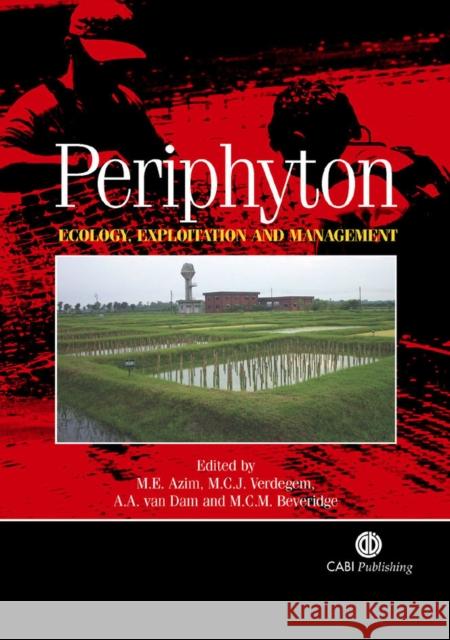Periphyton: Ecology, Exploitation and Management » książka
Periphyton: Ecology, Exploitation and Management
ISBN-13: 9780851990965 / Angielski / Twarda / 2005 / 352 str.
The first comprehensive monograph on periphyton, this book contains contributions by scientists from around the globe. Multi-disciplinary in nature, it covers both basic and applied aspects of periphyton, and is applicable worldwide in natural, extensive and intensive managed systems.
Periphyton, as described in this book, refers to the entire complex of attached aquatic biota on submerged substrates, including associated non-attached organisms and detritus. Thus the periphyton community comprises bacteria, fungi, protozoa, algae, zooplankton and other invertebrates. Periphyton is important for various reasons: as a major contributor to carbon fixation and nutrient cycling in aquatic ecosystems; as an important source of food in aquatic systems; as an indicator of environmental change. It can also be managed to improve water quality in lakes and reservoirs; it can greatly increase aquaculture production; it can be used in waste water treatment.
The book provides an international review of periphyton ecology, exploitation and management. The ecology part focuses on periphyton structure and function in natural systems. The exploitation part covers its nutritive qualities and utilization by organisms, particularly in aquaculture. The final part considers the use of periphyton for increasing aquatic production and its effects on water quality and animal health in culture systems. This book will help scientists and entrepreneurs further understand the ecology and production of aquatic systems and venture into new and promising areas.











